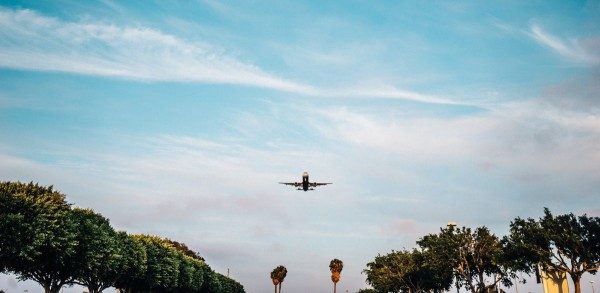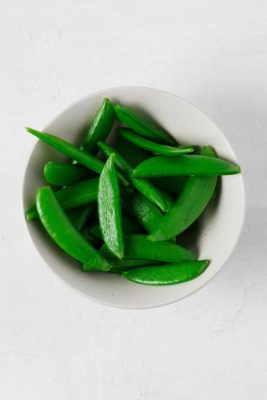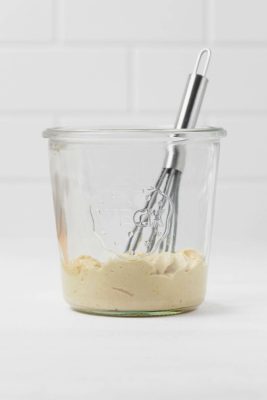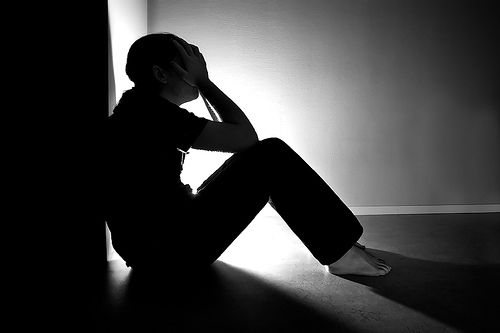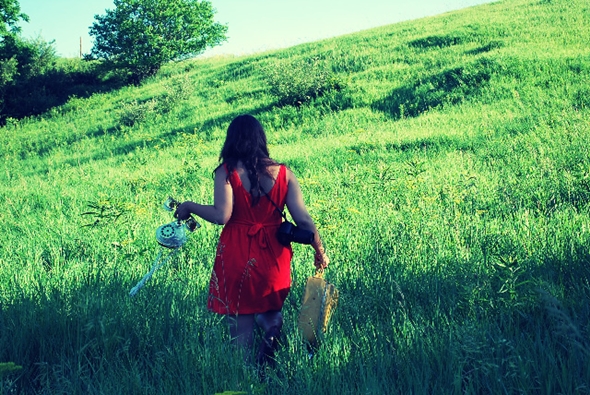

“Be content with what you have; rejoice in the way things are. When you realize there is nothing lacking, the whole world belongs to you.” – Lao Tzu
2,100 square feet holds a lot.
Three bedrooms means three beds. Dressers, night tables.
A stacked kitchen. Two living rooms includes two big screen TVs, two sectional couches, and tables.
Then there’s the decoration. Paintings, statues, flair. Books, DVDs, candles, electronics. You name it, we had it. And probably a few more of it, stuffed in a closet somewhere.
Plus a two-car garage, without an inch to spare. We had it all, plus a bit more.
And then, a revelation. A forced awakening, brought on by a series of tragic events, the kind that impose questions of how and why. The kind that speak to the brevity of life, the importance of imagination, and provoke an acute compulsion to change direction. It was too powerful to be ignored. We were ready, oh-so ready, to act on it.
But, we were bound. Controlled by 2,100 square feet filled with these things. We were slaves to the debt to pay for them and to the seduction to want to better them. To the comfort they provided – the nest, the stability.
It was a giant leap off that mountain of procured goods, of those things that defined us. My collection of designer shoes and bags stacked on top of my husband’s golf clubs stacked on top of the foreign vehicles. Our target for landing was unseen. It was a future completely undefined, sometimes blinding with the light of possibility, but also dark with the absence of security.
We got rid of it all. All of it. And after three and half years, have never looked back.
The Trade-Off
Those designer shoes and bags became adventures across the Sahara desert and the glacial landscapes of Patagonia. We traded cars for plane tickets and our own beds for backpacks. We stuffed what we needed into 130 liters of space and found that in the absence of “things”, we discovered freedom.
The road spread out infinitely before us, forking in all directions. We chose South America first, sharpening our Spanish and learning valuable lessons about privilege and survival. From there to Europe, back to North America, to the Middle East. The vast country of Turkey perhaps surprised us the most by worming it’s way deep into our hearts and minds. The unrivaled hospitality and pure benevolence of the Turks won us over quickly, and we toyed with the idea of growing roots there.
But the freedom of the open road was too tempting. There are too many places to be explored, too many foreign cultures left to see, taste, hear, and soak in. Setting roots would mean buying things, buying things would mean responsibility. To find space for them, to care for them, to upgrade them – all for the cost of our freedom.
The Lifestyle
It sounds exotic to some, downright scary to others. And the questions about our assured inheritance or lottery winnings are forever forthcoming. What people can rarely grasp is that this lifestyle of travel is actually less expensive than the corporate North American life we left behind.
Without a house we have no mortgage; with no vehicles, no payments or insurance. We spend most of our time house-sitting, which not only allows us to live very cheaply, but immerses us in a local culture like no other mode of travel. We partially fund our travels through the savings from the sale of our mountain of procured goods, but are getting closer every day to our goal of completely sustaining ourselves with online businesses.
We’ve had bed bugs, migraines from long travel days, and some clothing stolen. But we’ve also para-glided off of mountains in Argentina, swam with sea turtles in the Galapagos Islands, and tasted cannoli made by hand in Sicily.
Ask us if we think it’s worth it.
The Rub
No, not everyone can (or probably wants) to do what we do. There are plenty of people who are satisfied with their annual two-week vacations or that one-year career break around southeast Asia, and that is fine.
But, consider this:
Downsizing from 2,100 square feet to 130 liters of “stuff” has taken us from a moderately satisfying, prescribed corporate and suburban life, to one that routinely leaves us breathless with excitement. By becoming less reliant on “things”, we have freed up our life for unforgettable, and previously unfathomable, experiences.
We’ve traded goods for adventure, perceived stability for ultimate happiness. It doesn’t have to be done in one grand scheme, but tiny increments of less reliance on things can mean big positive changes.
What are you willing to trade?



